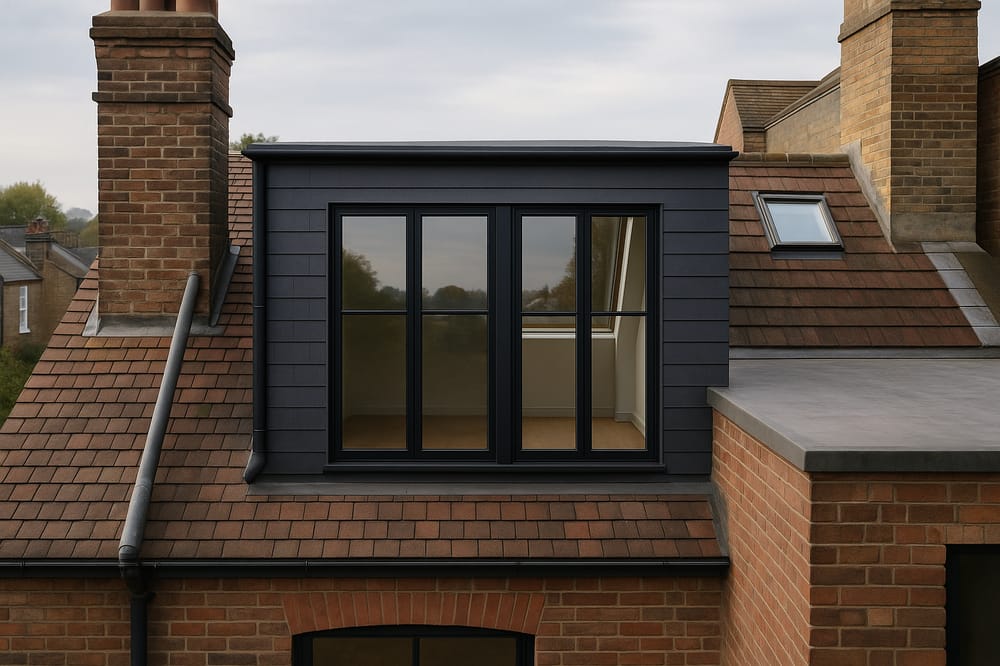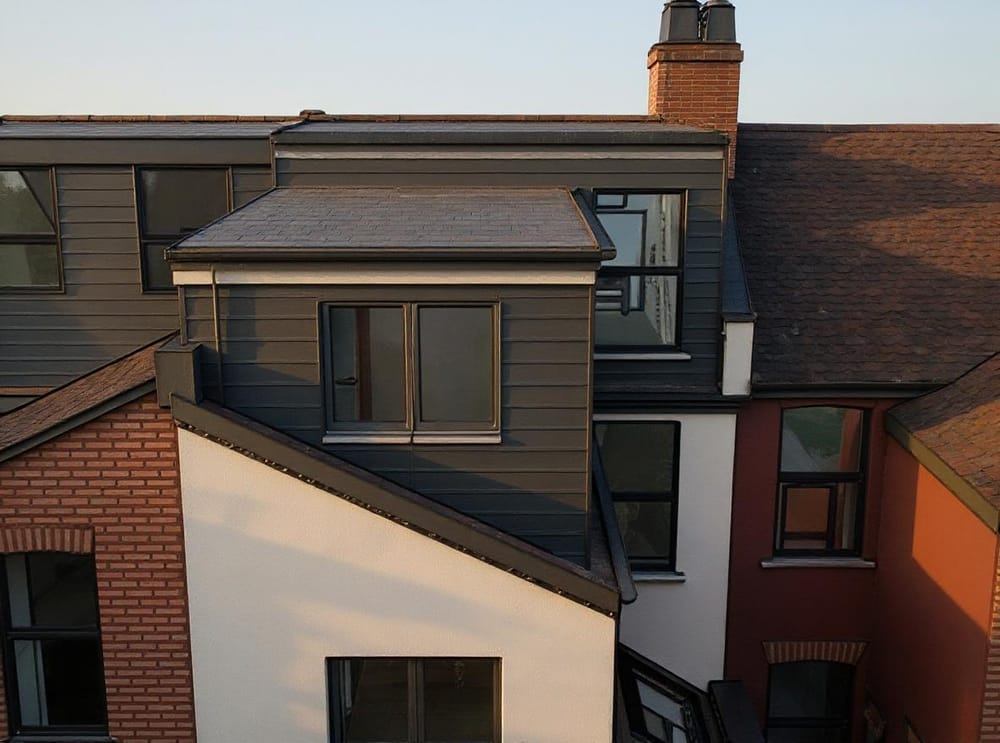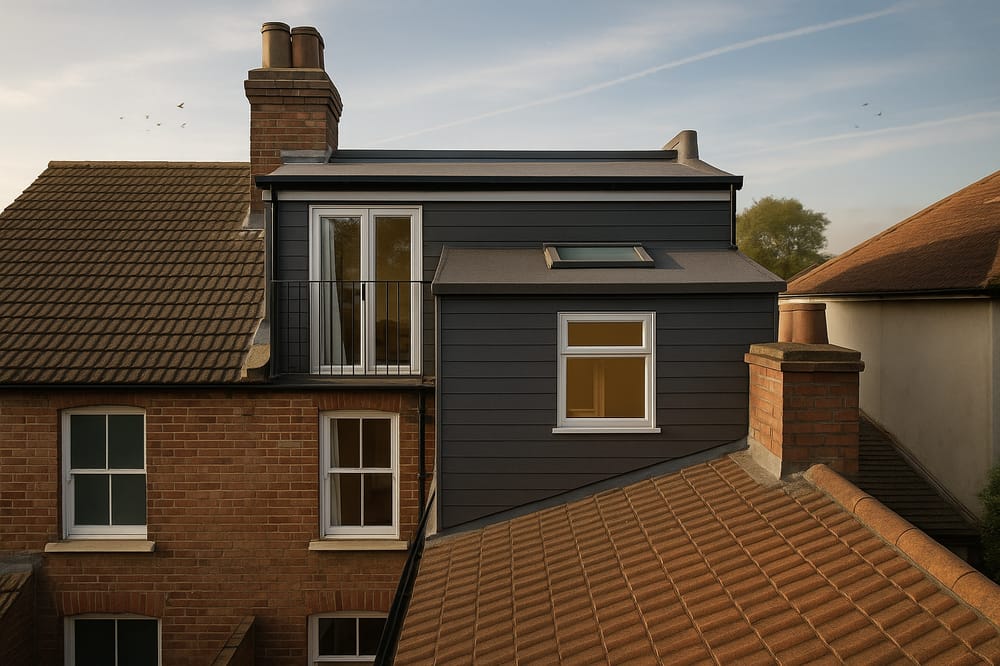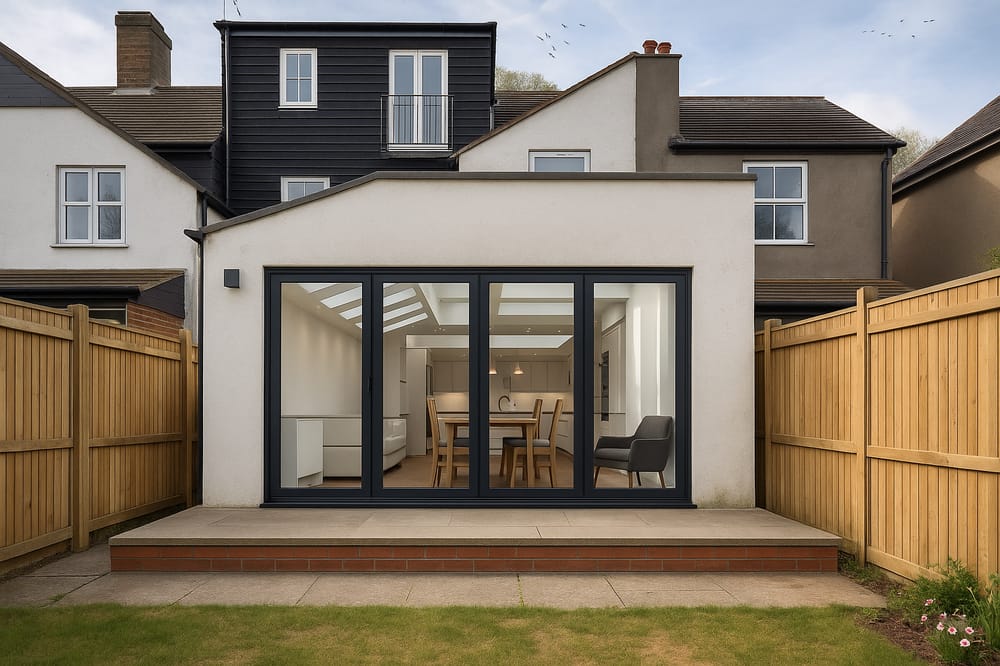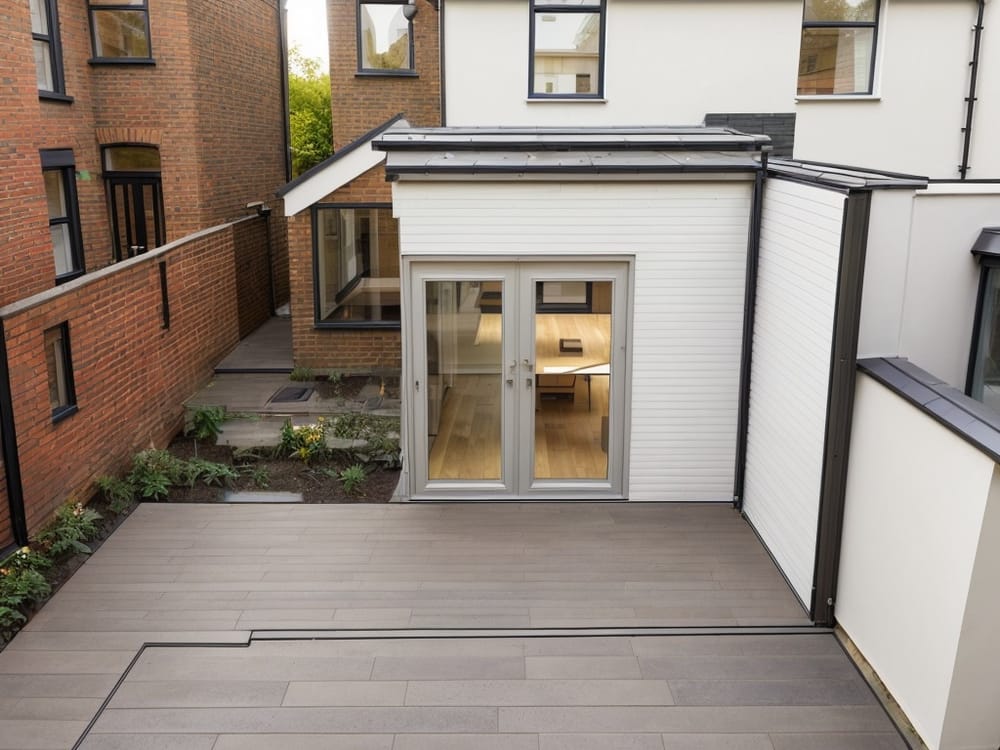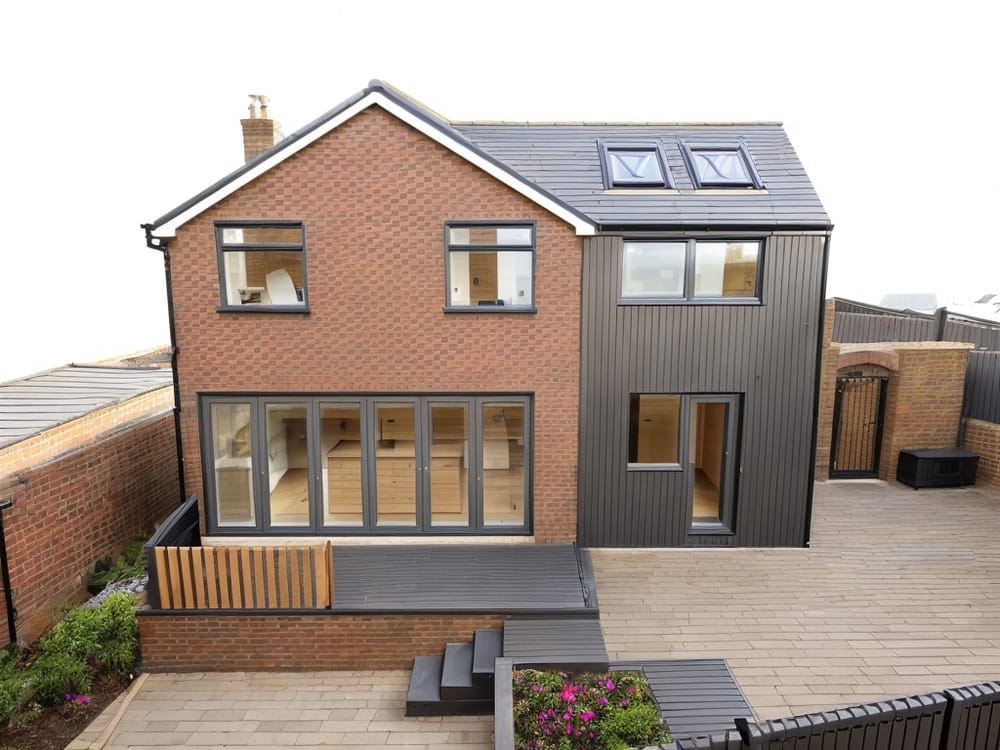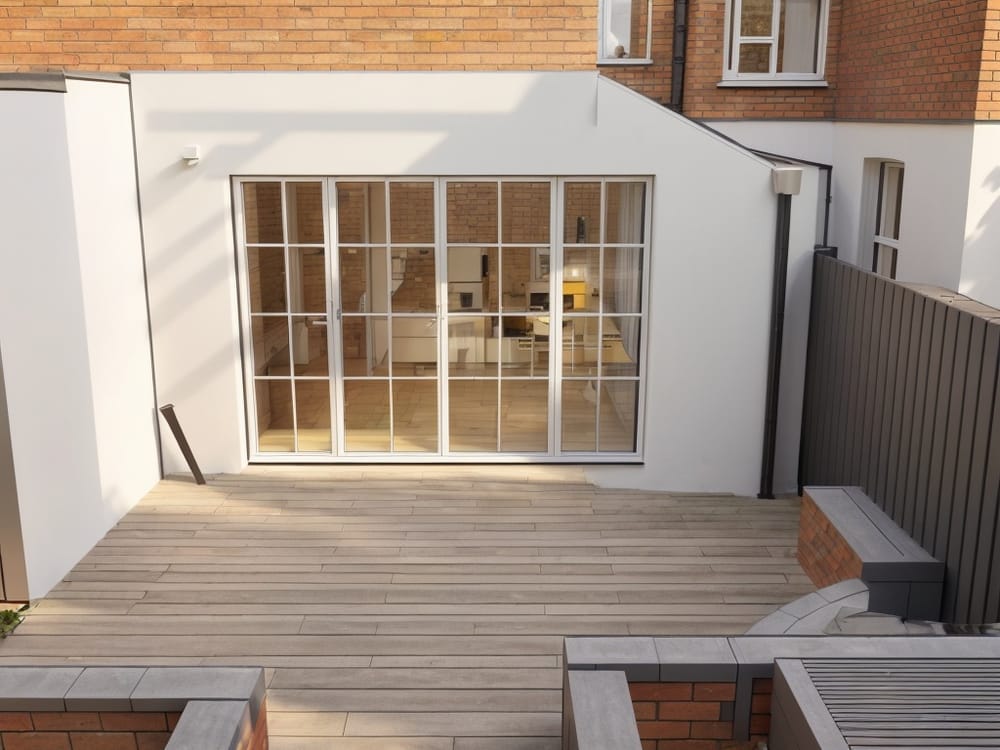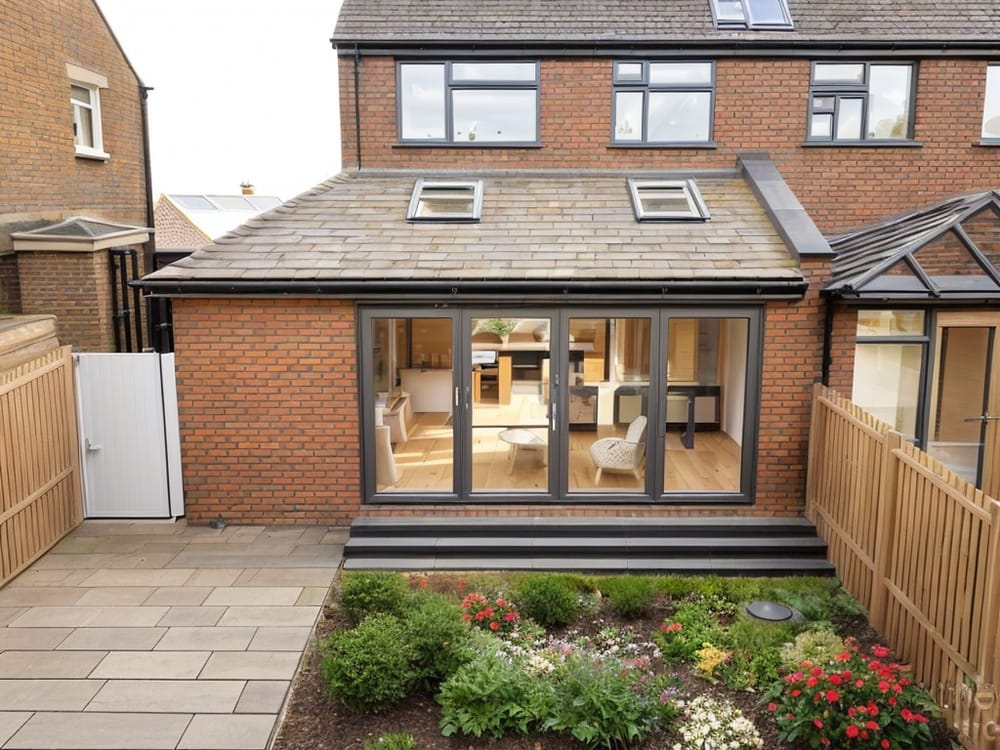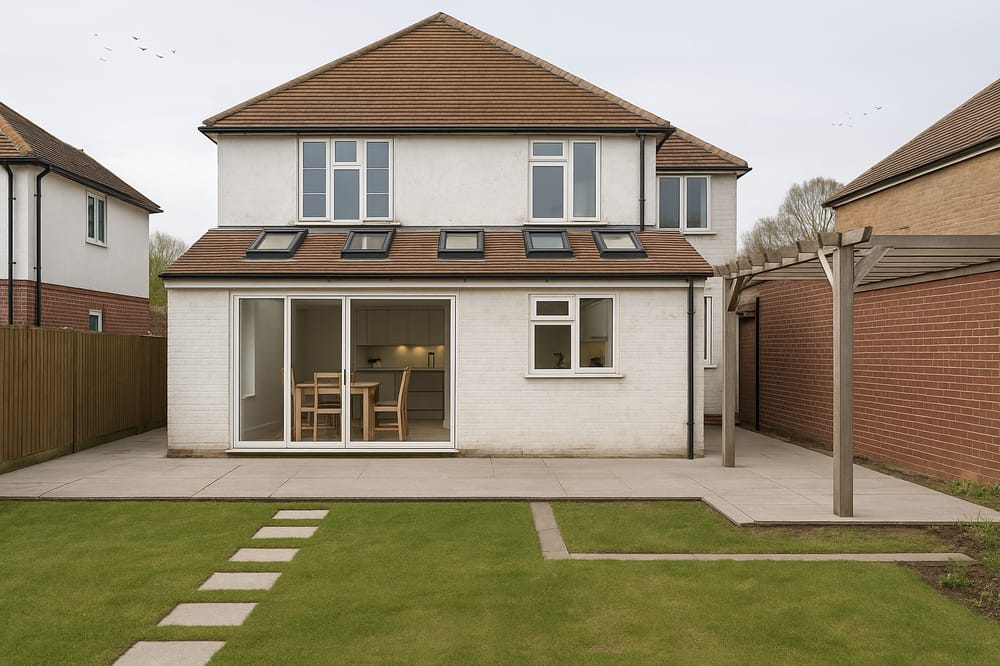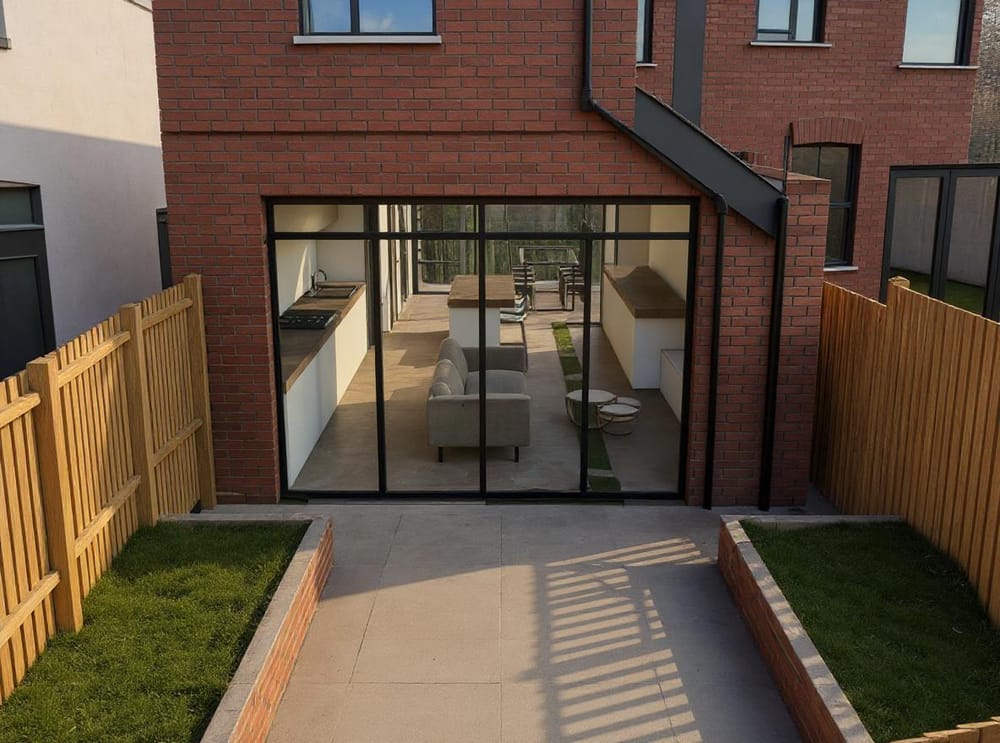What do we mean when we talk about ‘flow’ in the home? It’s generally considered to be the relationship between different rooms as well as the layout of those rooms in particular. As we previously explored in relation to Victorian houses specifically, a good flow can be detected from rooms that feel seamlessly connected to each other and a bad flow is noticeable from factors such as obstructive doors, mess and impractical layouts.
So, when it comes to the flow between your home and garden, what you’re looking to establish is a harmonious relationship between the outside and the inside. We unravel just some of the numerous ways this connection can be nurtured to enhance the sense of connectedness between all parts of your property.
Home and garden harmony
Recent findings in our 2023 Happy Home Report found that, when asked what people would be most likely to spend £10,000 on if they were given it, the top option was their kitchen and the second was their garden. The kitchen has long been considered the heart of the home so it came as little surprise to us that it emerged as the top choice. However, considering that it doesn’t necessarily add extra square metres to a home, we were a little surprised at the popularity of gardens here. But then we thought about it.
The importance of green space, plants and incorporating nature into our day-to-day lives has been more widely focused on in recent years. This is evident, not only in the rise of people investing in gardening but also in the amount of people chasing an Instagram-worthy interior rife with houseplants and plenty of natural light. We’ve also found that the views from our property have an effect on how positive we feel about our homes overall. With that in mind, dedicating our time to enhancing our garden aesthetic in conjunction with maximising our view of that space has the potential to improve the flow between the home and garden, as well as our mood. So, where do we begin?
Get your hands green!
Roll up your sleeves, get outside and try your hand at some gardening. It’s the perfect, cost-saving way to organise and improve the appearance of your garden so you can achieve those vital, mood-boosting views that our Happy Home Report found to be important for wellbeing in the home. The more eye-catching the outside, the more likely your gaze will be drawn to the outdoors from inside your home – improving the flow between your home and garden.
Another added benefit of gardening, found by Innovate UK and the National Institute of Health Research, is that those who simply spend time in their gardens tend to have better mental and physical health than those who don’t. Gardener’s World is a great resource for anyone looking to begin their gardening journey and this Beginner’s Guide is the perfect place to start.
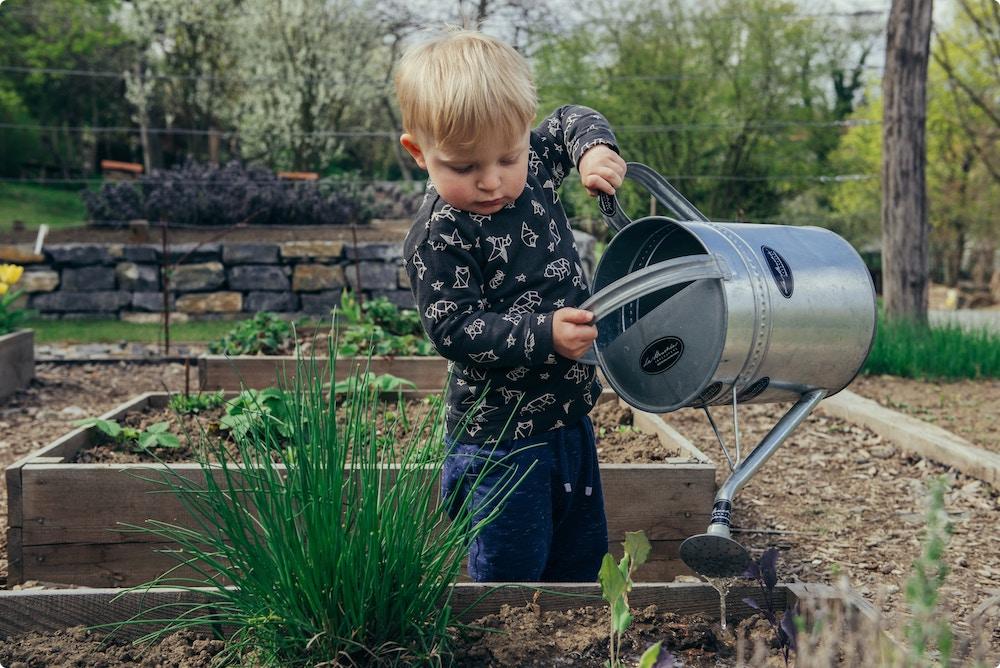
Break down the barriers
Following on from our last point, it’s all well and good curating a beautiful garden that you’d love to spend time in but it’s almost just as important if you’re looking to enhance the flow to remove the barriers between your home and garden. This can be achieved in a number of ways.
One impactful way of boosting the connection is to opt for bifold doors that open entirely to remove any obstacle between your home and garden. Even when they’re shut you’ll be able to enjoy a mostly unobstructed view outside. Below is a beautiful example of how bifold doors can improve the flow between your home and garden. Another beautiful detail that contributes to the sleek inside-outside flow that this completed project demonstrates impeccably is having the floor the same level as the ground outside with a stunning elevated patio area.
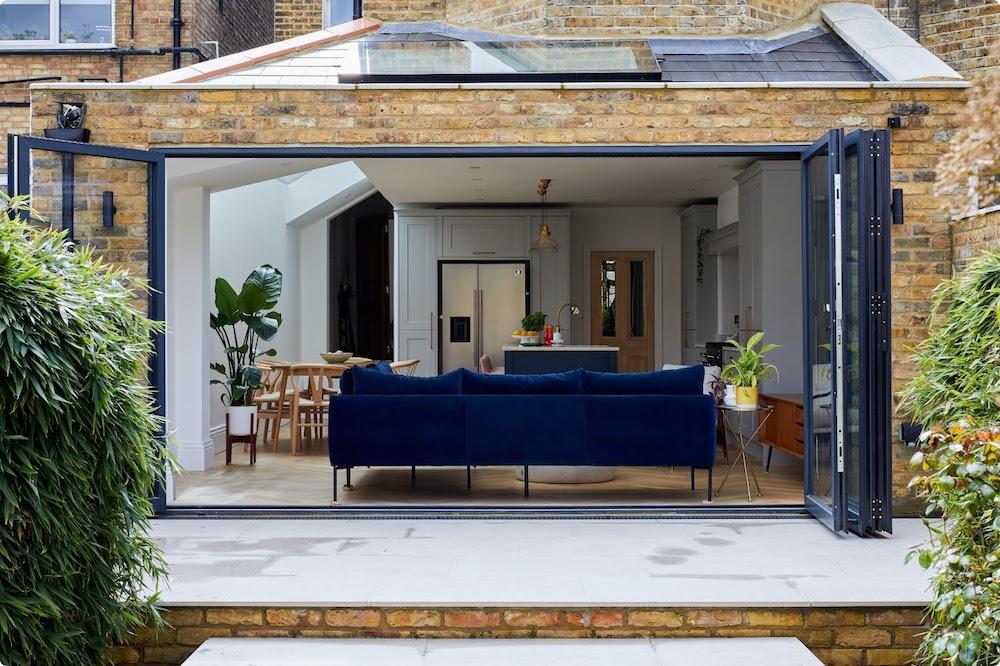 © Chris Snook
© Chris Snook
Cooking, but make it al fresco
Disrupt the usual expectations of home layouts with an innovative summer twist and consider building a kitchen structure in your garden (although with the UK weather we don’t suggest totally abandoning the inside kitchen!). According to ArchDaily, outdoor kitchens originate from over 2 million years ago when people would gather to cook and eat communally. It’s a wonderful tradition that has continued to this day for its ability to blend socialising with being outdoors and appreciating nature.
Building an outdoor kitchen can be as simple or complex as you’d like it to be – this can range from a build-your-own brick BBQ at one end to a DIY pizza oven and a chef-quality outdoor oven. Garden designer, Fanny Nilsson, boasts an impressive portfolio of garden design work and often blends sleek style with practical outdoor kitchen details for foodie clients. Explore her work to get some inspiration for your own home here.

Brick by brick
If you’re looking to have an extension added to your property, there’s plenty to consider aside from the aesthetics – budget, disruption, space. But, if we’re honest, with the amount of investment that can go into renovating your home, how it looks from the outside is justifiably a key point of concern. If you want to achieve a harmonious flow between inside your home and through to your garden, it’s in your interest to think carefully about the types of materials you’re using for the new part of the property.
There are two ways you can predominantly approach the exterior appearance of your property when you have an extension built on to it. You can either look for similar materials to the existing property - such as bricks of similar shade or a painted exterior – that will complement what you already have. Or, if you’re looking to do something a bit more unique, you could opt for something that contrasts in a thought-provoking, modern way. Done correctly, either approach can result in an impactful appearance that connects the extension to the rest of the home. It takes an expert eye to envisage how this balance is achieved.
Here is an example of an extension that’s been built with consistency of brickwork in mind – it’s taken from a completed Resi project in Wandsworth:
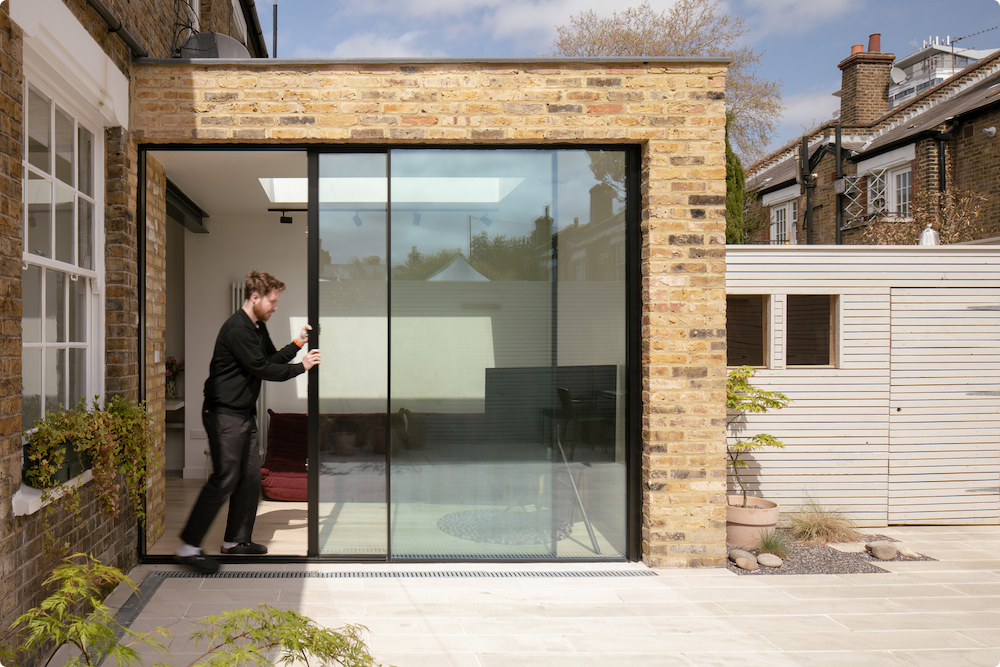 © Matt Gamble
© Matt Gamble
And, for balance, the below example is taken from a Resi project in Croydon where the homeowner has opted for outer materials on their extension that contrast that of the existing property. The effect makes it stand out from the rest of the house and gives it a real impact:
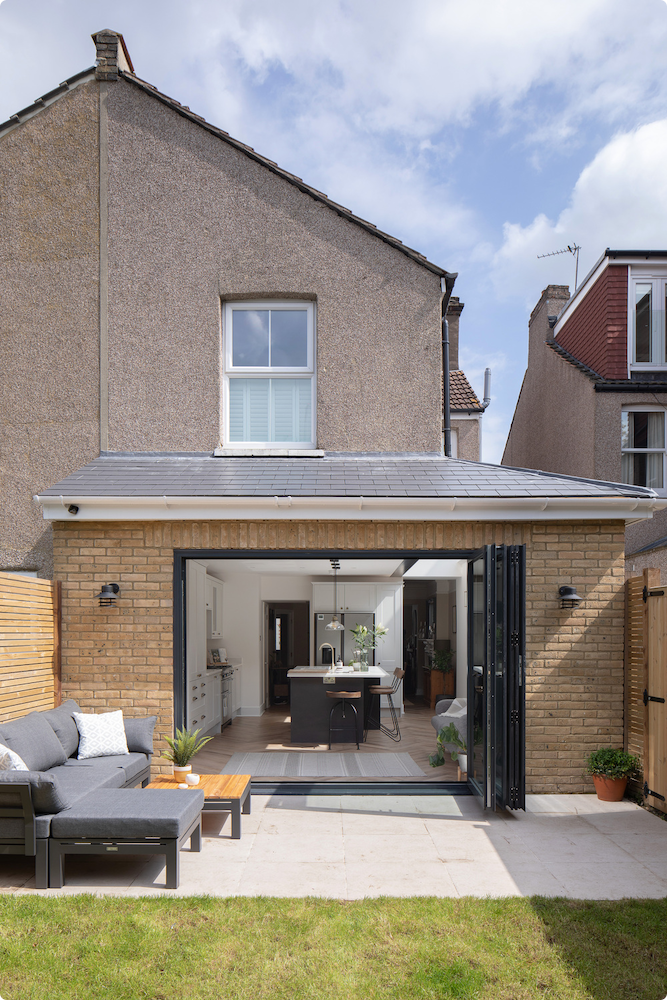 © Matt Gamble
© Matt Gamble
So, if you’re thinking about getting an extension on your property, book a free advice call with one of our experts to discuss how to bring it to life with great indoor-outdoor flow in mind.


 © Chris Snook
© Chris Snook
 © Matt Gamble
© Matt Gamble © Matt Gamble
© Matt Gamble
